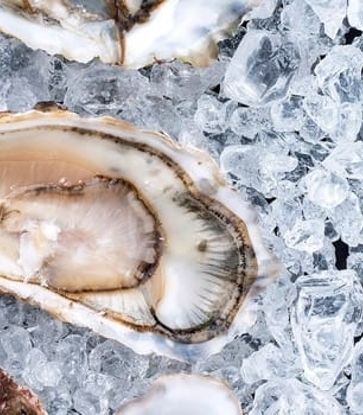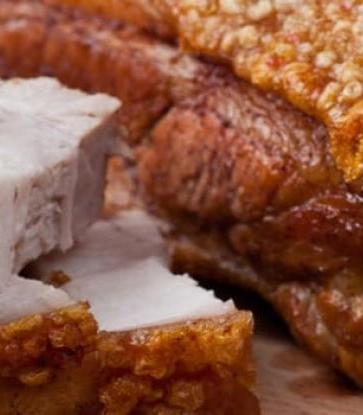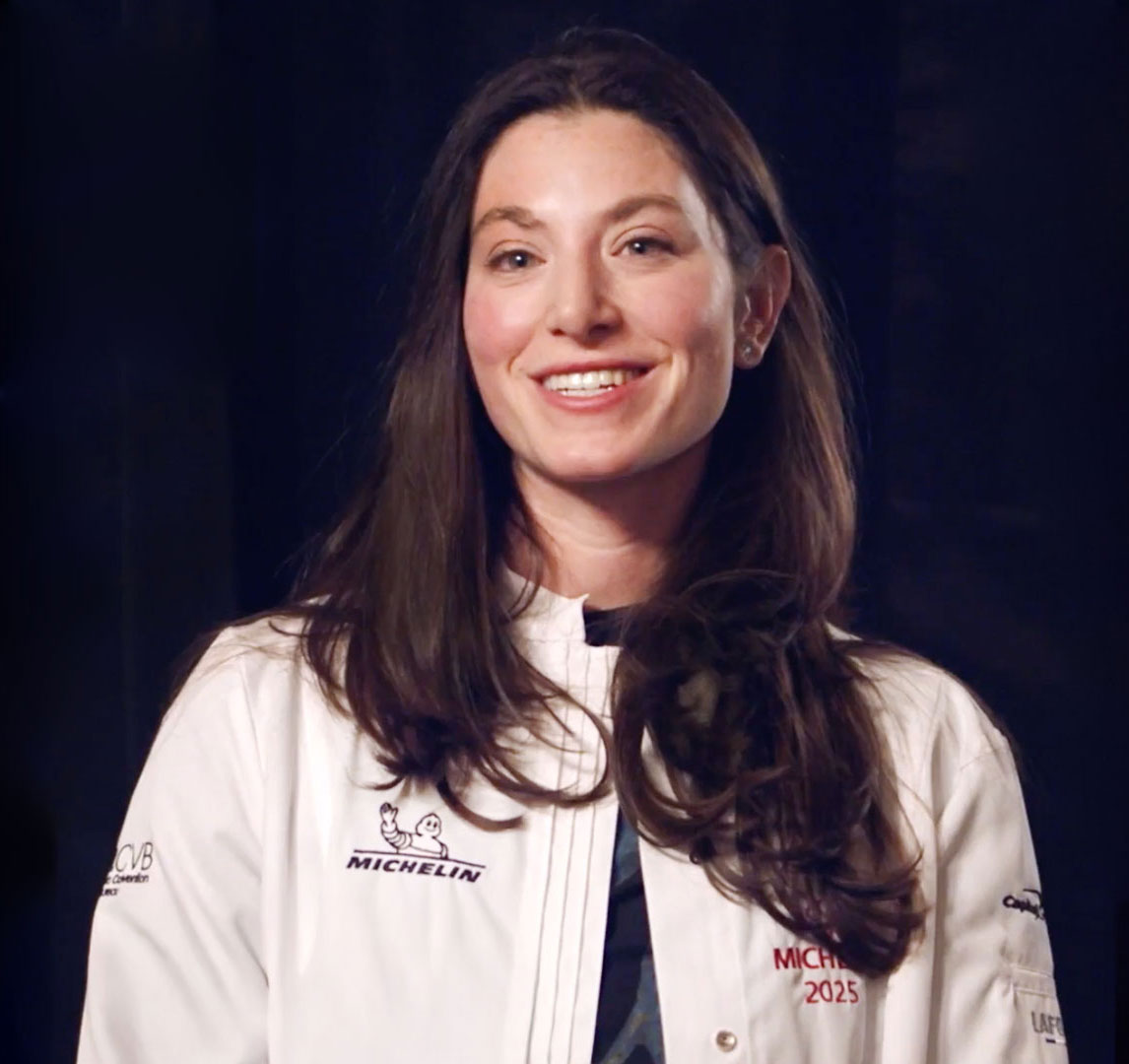The zero-waste lifestyle movement is one that’s been gaining traction, in a time when pressures of pollution on the environment are coming to a head. Closer to home, proponents of this movement actively share their ideas and measures on Facebook groups like Journey to Zero Waste Life in Singapore which now has more than 6,000 members.
While you don’t have to go right to zero (or limit yourself to a mason jar of trash in a year), here are some small, simple steps you can take to avoid unnecessary waste and reduce the amount of trash you produce in the long run.

2. In the same vein, when doing takeaways and food deliveries, make a note that you won’t be needing plastic cutlery. Homegrown food delivery company foodpanda, which replaced plastic bags with brown paper bags in 2015, has gone a step further and launched an opt-in function for plastic cutlery in a bid to reduce consumption of plastic cutlery by 30 percent this year.
3. Get into the habit of carrying a reusable water bottle and bring your own coffee cup for that morning coffee run.

5. Go to the wet market instead of the supermarket where you’ll be able to buy loose produce without all the extra packaging. Bringing your own bags and storage containers to separate wet and dry goods and you’re set!
6. If you do go to the supermarket, bring a shopping list. You’ll be less likely to make impulse purchases and therefore reducing waste (both in packaging and money).
7. Buy food in bulk and buy food with less packaging. Buying dry goods with long shelf-lives such as rice, pasta, cooking oil and beans in bulk means you’ll be cutting back on packaging waste. Choosing foods with less packaging, like bananas over potato chips, usually means healthier food choices too, a win-win.

8. In your kitchen, replace cling wrap and aluminum foil with alternatives. Although aluminum is recyclable, aluminum foil is often contaminated with food waste and just ends up in the landfill. Store food in glass containers, use bee’s wax wraps instead of plastic wraps and bake with parchment paper instead.
9. Raid your pantry for natural cleaning products so you don’t have to keep buying various plastic bottles of soaps and cleaners. Household staples like vinegar, baking soda and lemons are safe and effective cleaning agents.
10. Make your own snacks. Instead of buying pre-packaged and overly-processed chips and sweets, bake your own muffins, cakes and biscuits, and air-fry your own kale or potato chips.



















